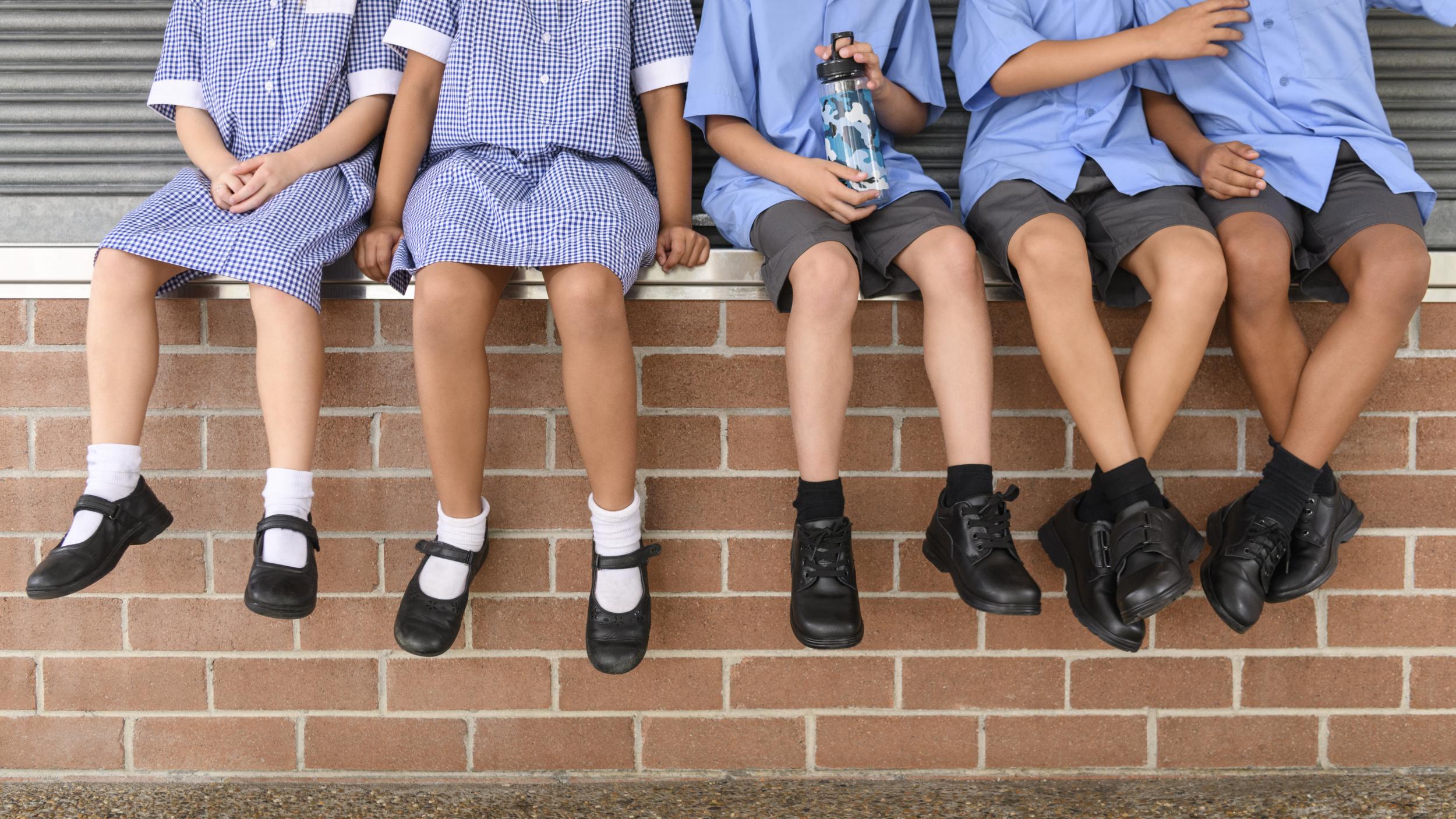The government is starving our children of the resources I had growing up – no wonder they’re joining drug gangs
Retribution isn’t the answer. We need urgent investment in youth services to dissuade kids from easy money drug dealing


Imagine an Ariana Grande concert where almost every young person in the audience has handled class A drugs. That’s not idle speculation or a fantasy, but a grim reality in modern Britain. Over 10,000 children in the UK are currently involved in “county lines” drug dealing and, according to the police, that figure is an extremely conservative estimate.
These modern slaves have been drawn into the highly organised network of several thousand gangs who send drugs from cities to customers in rural areas and small towns. They’re getting younger as primary school kids are increasingly being used as mules because they have no prior dealings with the police.Drug offences in many cities are actually declining as activity switches to outer areas.
We can’t stand by and see thousands of young people denied a childhood, lured by fake promises of affection, protection from bullying and pitifully small amounts of money or even sweets. When you are under ten years old, all you want is to be loved – you don’t want to be picked on, or even noticed. Gangs are exploiting vulnerable young people and once they have broken the law it is very difficult to leave without risk of reprisal.
Breaking that cycle has been a huge problem for police and social workers. Earlier this year, Avon and Somerset police launched a groundbreaking scheme to try and offer another route out of criminality. This week’s BBC documentary The Frontline investigated their work.
Aimed at 16-to-21 year olds who have been arrested for supplying drugs, participation involves up to nine months of training alongside a mentor in vocational skills that range from boxing and business management to anger management courses and even driving lessons, all designed to make participants more employable. It is only available to 16 people at a time, who have no criminal convictions for sex or violent offences.
The “Call-In” scheme has been criticised for replacing custodial sentences, described by some as a “soft option”, but the police say there’s nothing to lose. If the teenagers are sent to prison, the likelihood of reoffending is high.
In the past, schemes like this have only been trialled with drug users, not dealers (in Durham, Cleveland and Avon and Somerset). Of course, it is risky and there is no guarantee of immediate results, but what is the alternative? These young people are often only transporting small amounts of drugs – they are not usually users themselves. They have been trapped in a cycle of criminality by gangs operating in their postcode; gangs who control their neighbourhood and who enforce fear in any young person who dares to challenge them.
A recent report from the Children’s Society says that pupils as young as seven are being targeted by county lines gangs in England, Wales and Northern Ireland. Those most likely to be exploited are aged between 14 and 17: some are working in cannabis factories, others transport drugs from one part of the country to another, bunking-off school, operating right under our eyes every day of the week.
In an attempt to grapple with the problem, the Home Office allocated £3.6m to set up the National County Lines Co-Ordination centre in 2018, which has made over 1,600 arrests in the past year. The government is also investing £22m in “early intervention” projects – a drop in the ocean when you consider the problem is nationwide and involves every single school in the country. One Freedom of Information request revealed that over 85 per cent of all police forces are arresting children under 16 for dealing in class A drugs. Girls as young as 12 are being drawn into the gangs, raped and then “owned” by gang masters in return for small favours.
The government wants to get tough on drug dealers and has pledged an extra £85m to the Crown Prosecution Service to tackle violent crime, but the real work needs to be done with small children in our city schools who are being drawn into gang networks before they can even read or write properly. Instead of focusing on retribution, the most effective way forward is to invest in after school activities, youth services, advice centres, further practical courses which equip young men in particular for work rather than easy money drug dealing.
The government claims it is extremely concerned about gang culture, yet politicians have cut social services and funding for youth clubs, sports centres and out-of-school activities. A political decision was made to starve our children of the resources which were available to all previous generations.
Modern schools need to become the focal point of children’s lives; pupils can’t be dumped on the street to hang around outside a chicken shop at 3pm every afternoon. Mechanics, plumbing, electrical maintenance, cooking and gardening are all activities which should be provided when formal lessons end. Funding needs to be allocated to extend the school day to Saturday mornings as well. The fact that Avon and Somerset police can only accommodate 16 people at a time on their course is just heart breaking.
Call me naive, but I believe all young people have huge potential. The link between every child’s need for acceptance and the lure of gang membership can only be broken through offering opportunities to shine and accumulate self-esteem. I want kids to have the same opportunities that I did. That’s not too much to ask, is it?
Join our commenting forum
Join thought-provoking conversations, follow other Independent readers and see their replies
Comments
Bookmark popover
Removed from bookmarks